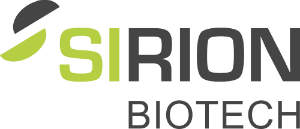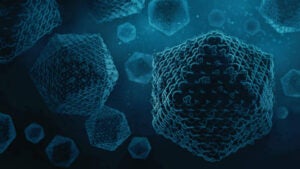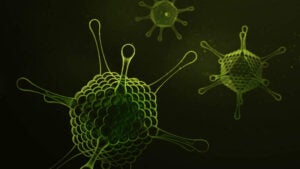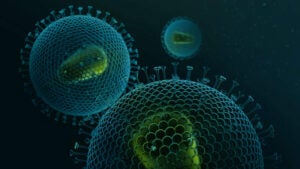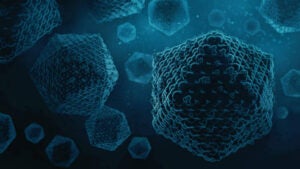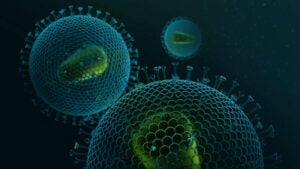CAR-T Acknowledged by FDA Committee
Novartis has announced its CAR-T cell therapy CTL019 has been recommended by the US Food and Drug Administration (FDA) Oncologic Drugs Advisory Committee (ODAC).
CTL019 is an investigational chimeric antigen receptor T cell (CAR-T) therapy for patients with relapsed or refractory B-cell acute lymphoblastic leukemia. The recommendation of an FDA committee marks a milestone not only for Novartis, but for the fast growing CAR-T technology field as a whole.
With several large pharmaceutical and start-up companies researching varying CAR-T strategies, the movement has the potential to reshape much of the medical landscape in years to come. However, any new approach will first have to withstand the scrutiny of clinical trials.
CAR-T technology is based on T-cells that are isolated from an individual patient and then genetically modified. This genetic ‘reprogramming’ enables the immune cells to recognise and fight cancerous tissues once they are reintroduced into the patient.
This approach holds large promise due to its high specificity and low danger of inciting immune-reaction against the re-implanted cells. Its success, however, hinges on how efficiently the limited amount of available patient cells can be treated.
A common approach to treat T-cells is to exploit lentivirus particles as gene delivery tools. However, even with these highly specialised vectors, T-cell survival during ex-vivo treatment is limited. This is why viral technology experts at SIRION Biotech developed a way to improve T-cell transduction efficiency and T-cell survival by applying LentiBOOSTTM, a polymeric reagent that is simply added to the transduction reaction.
It increases the final T-cell yield by a factor of up to four in large-scale manufacturing processes, critically increasing the chances of success for any commercial CAR-T application. Increased transduction efficiencies help reduce cost of goods. The reagent is available in clinical grade and already applied in clinical trials (III and I) for the genetic treatment of hematopoietic stem cells.
SIRION Biotech is continuously expanding their viral vector and transduction booster platforms to adapt to the various challenges of modern gene- and cell-therapy trials – Making vector systems and transduction methods more efficient, safe and productive.

